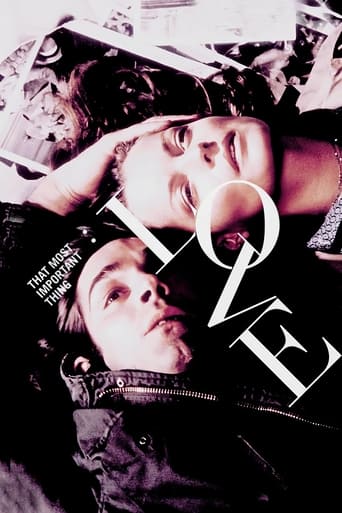
12 Feb 1975

That Most Important Thing: Love
Servais Mont, a freelance photographer who works taking compromising photos, gets fascinated by Nadine Chevalier, a tormented low-budget movie actress married to an eccentric film photo collector.

Fanny

César

Marius
M. Brun
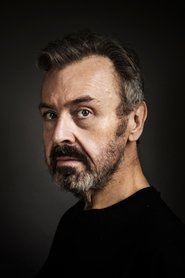
Frise-Poulet

Honorine
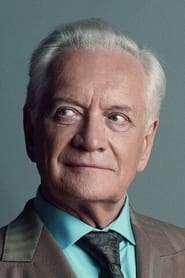
Panisse
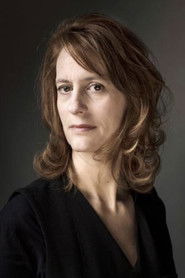
Claudine
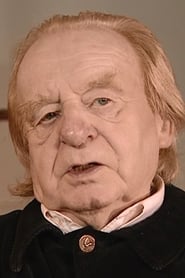
Escartefigue

12 Feb 1975

Servais Mont, a freelance photographer who works taking compromising photos, gets fascinated by Nadine Chevalier, a tormented low-budget movie actress married to an eccentric film photo collector.

01 Jan 1966

An adaptation of the Beckett play
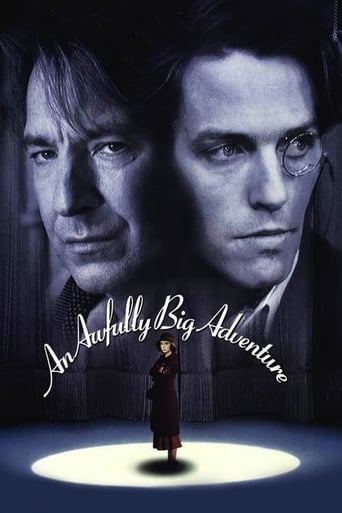
11 May 1995

Liverpool. 1947. Right after World War II, a star struck naive teenage girl joins a shabby theatre troupe in Liverpool. During a winter production of Peter Pan, the play quickly turns into a dark metaphor for youth as she becomes drawn into a web of sexual politics and intrigue and learns about the grown-up world of the theater.
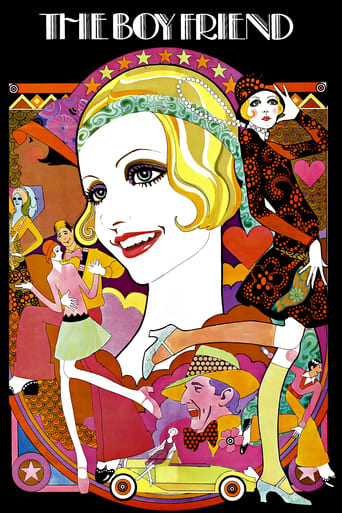
16 Dec 1971

When the leading lady of a low-budget musical revue sprains her ankle, the assistant stage manager is forced to understudy and perform in her place.
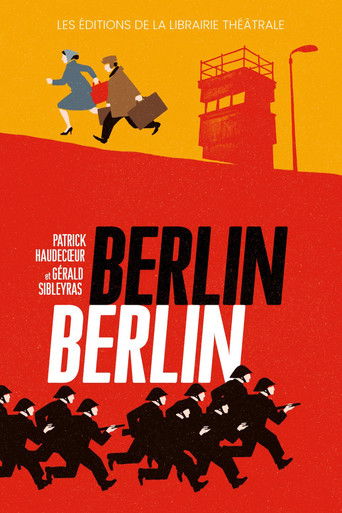
05 Sep 2022

No overview found
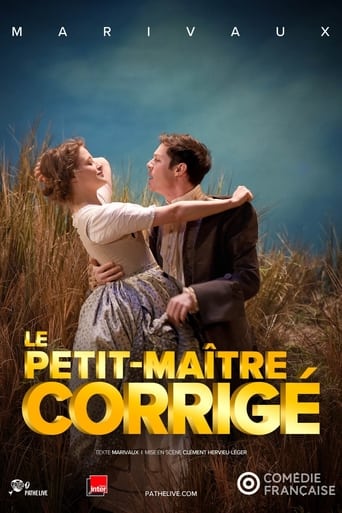
08 Mar 2018

Le Petit-Maître corrigé is a three-act romantic comedy by French playwright Marivaux. It was first performed on November 6, 1734, by the Comédie-Française in Paris. In this production Clément Hervieu-Léger makes the eighteenth century resonate with our era, all the more so given that the language is “simpler than in other Marivaux plays, while still as refined, precise and full of humour”. The story is that of a young Parisian whose parents have found a good match for him, a count’s daughter. But when he goes to visit her in her country home, the handsome boy – whose Parisian manners are far removed from the rules of decorum that reign in the provinces – cannot open his heart to his lovely intended. Stung, the latter decides to punish his arrogance while a former lover arrives to prevent the marriage. Between the alliance of master and manservant, and the complicity of mistress and maid, a romantic intrigue ensues full of light-hearted conspiracies and feverish emotions.
No overview found
07 Dec 2021
Plans for an arranged marriage between the beauteous young Juliet and the wealthy but off-putting Count Paris are thrown awry when Juliet falls for Romeo, the son of her father's only enemy. Their romance will yield explosive passions — and deadly consequences.
01 Jan 1953
No overview found
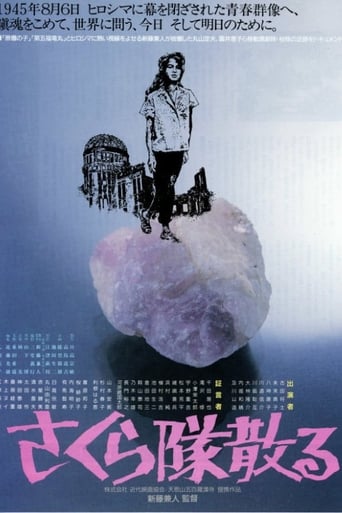
01 Apr 1988

A documentary about the lives of actors in the Sakura-tai theatrical troupe, which had arrived in the island of Hiroshima to begin preparations for the staging of a play just before the atomic bombing.
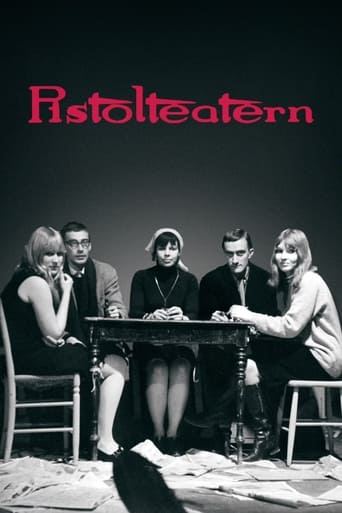
13 Feb 2004

Pistolteatern in Stockholm, Sweden, was a leading experimental scene in the mid 1960s, comparable to the Living Theater in New York. In the years 1964-67. Pistolteatern produced theatre plays, exhibitions and happenings at a very high pace. The name, Pistolteatern, comes from two of creators, PI Lind and STaffan OLzon.
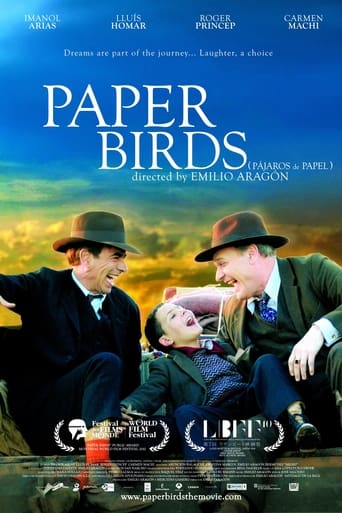
12 Mar 2010

At the end of the Spanish Civil War, the members of a group of vaudeville performers have been stripped of everything: all they have left is hunger and the instinct to survive. Day after day, agonizingly, lost and helpless between the victors and the vanquished, the musician Jorge, the ventriloquist Enrique, the couplet singer Rocío and the orphan Miguel search tirelessly for something to eat and a safe place to live.
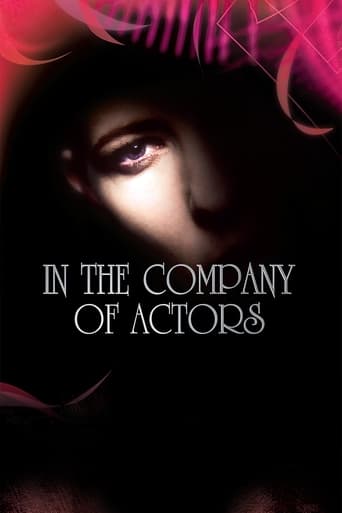
10 Jun 2007

Within the world of theatre the rehearsal room is a sacred space -- the private domain where boundaries are pushed, risks taken, mistakes made, vulnerabilities exposed and, at its very best, magic created. It's not a place into which the public is often, if ever, invited. Until now; In The Company of Actors features an ensemble of Australia's finest actors, including Cate Blanchett and Hugo Weaving, as they prepare to perform the Sydney Theatre Company's production of Hedda Gabler, at the prestigious Brooklyn Academy of Music in New York. Opening night is just five weeks away and the pressure is on.
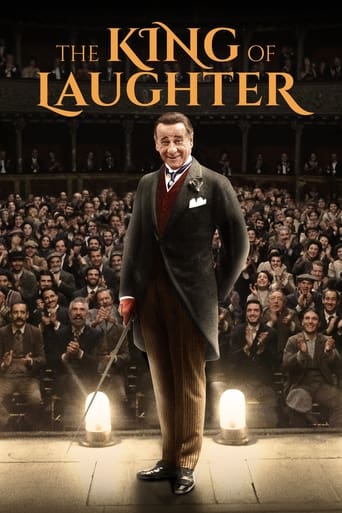
09 Sep 2021

In early 20th-century Naples, a theatrical parody lands beloved thespian and playwright Eduardo Scarpetta in court, facing a malicious lawsuit that could compromise his freedom of expression and the economic security of his extended family—including his son's, young Eduardo De Filippo.
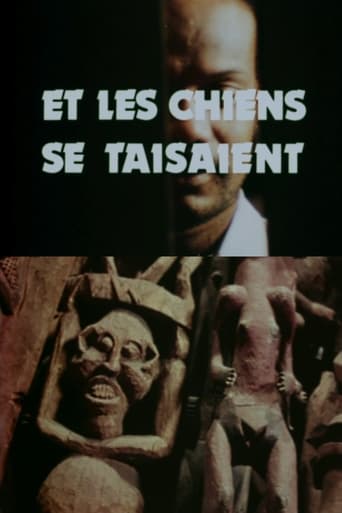
27 Apr 1976

For 'Et les chiens se taisaient' Maldoror adapted a piece of theatre by the poet and politician Aimé Césaire (1913–2008), about a rebel who becomes profoundly aware of his otherness when condemned to death. His existential dialogue with his mother reverberates around the African sculptures on display at the Musée de l'Homme, a Parisian museum full of colonial plunder whose director was the Surrealist anthropologist Michel Leiris.
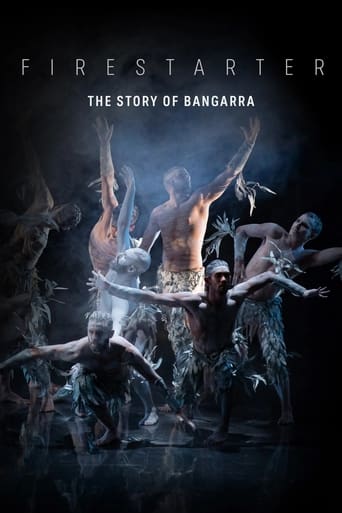
18 Feb 2021

Taking us through Bangarra Dance Theatre’s spectacular growth, we follow the story of how three young Aboriginal brothers — Stephen, David and Russell Page — turned the newly born dance group into a First Nations cultural powerhouse.
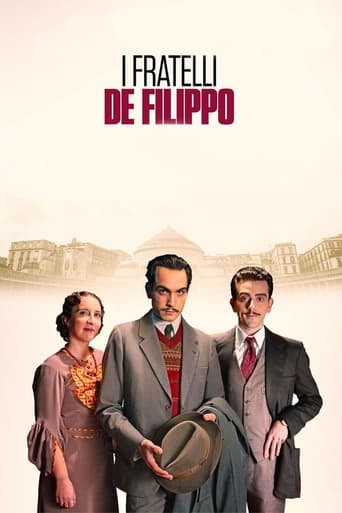
13 Dec 2021

The story of the De Filippo brothers, children of Eduardo Scarpetta.
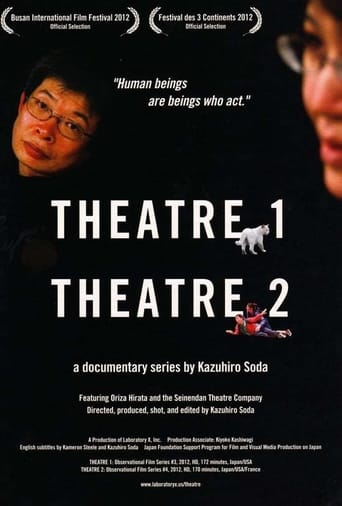
21 Nov 2012

Theatre 1 (Observational Film Series #3) is a feature length documentary, which closely depicts the world of Oriza Hirata, Japan's leading playwright and director, and his theatrical company, Seinendan. By depicting them, the film leads the audience to revisit fundamental but timely questions: What is theatre? Why do human beings act?
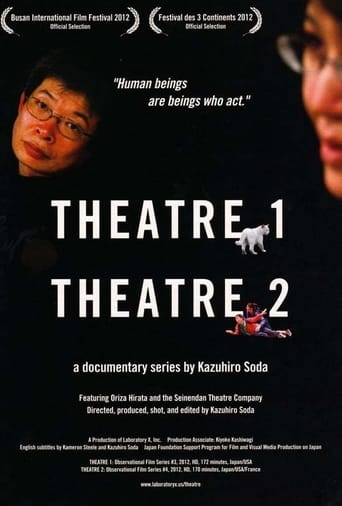
21 Nov 2012

Oriza Hirata is Japan's leading playwright and director, who runs his own theatrical company, Seinendan. Theatre 2 (Observational Film Series #4) examines the dynamic relationship between theatre and the society through depicting Hirata's activities. In order for his art and his not-so-commercial company to survive this highly capitalistic modern society, what kind of strategy does Hirata have and practice?

01 Sep 2021

A fun journey through the classics of musical theater.